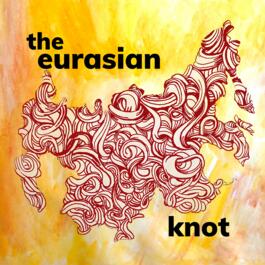
What power do jokes have in authoritarian societies? I’ve been thinking about this recently as Trump further consolidates power. Turn on any American late night show and it’s one joke about Trump after another. It’s easy for comedians. The Trump jokes write themselves. Soviet Russia didn’t have late night, and openly poking fun at the authorities was highly circumscribed. This continues to a large extent in today’s Russia. But people still tell biting, insulting jokes in daily life. Laughing at power can’t be totally contained. But do they matter? What power do they have? In what ways are they criticism of the powers that be, a way to cope with the absurdity of everyday life, and or merely self-delusional exercises in political agency? All three? In 2018, the Eurasian Knot took on these questions about jokes in a conversation with Jon Waterlow about his book, Only A Joke, Comrade! Humor, Trust, And Everyday Life Under Stalin, 1929-1941. We decided to rerun the interview for what it can tell us about our present conjecture. Guest: Jon Waterlow received his PhD in History at Oxford. He’s the author of It's Only A Joke, Comrade! Humor, Trust, And Everyday Life Under Stalin, 1929-1941. Jon is also host of the podcast Voices in the Dark. Look for it on your favorite podcast feed. Hosted on Acast. See acast.com/privacy for more information.
From "The Eurasian Knot"


Comments
Add comment Feedback